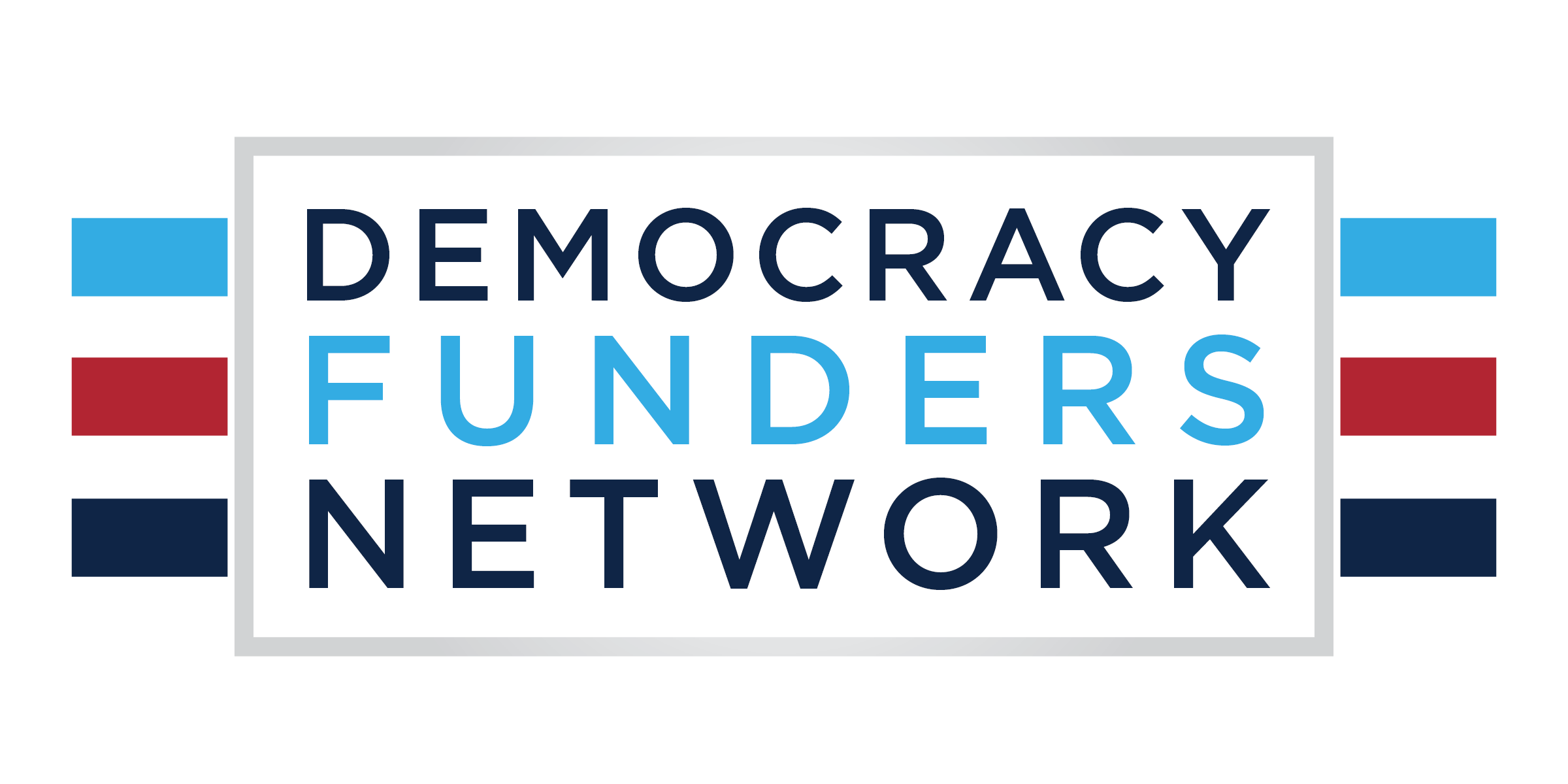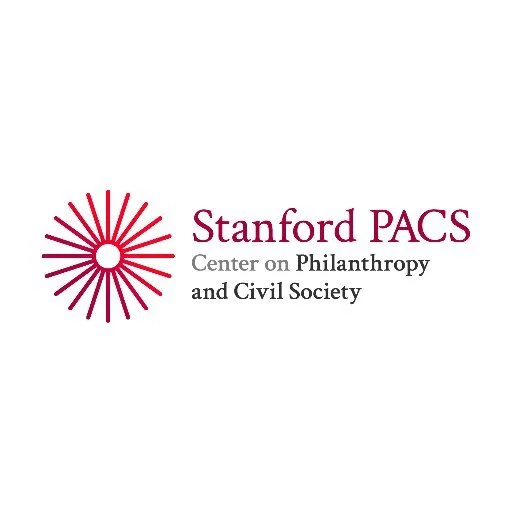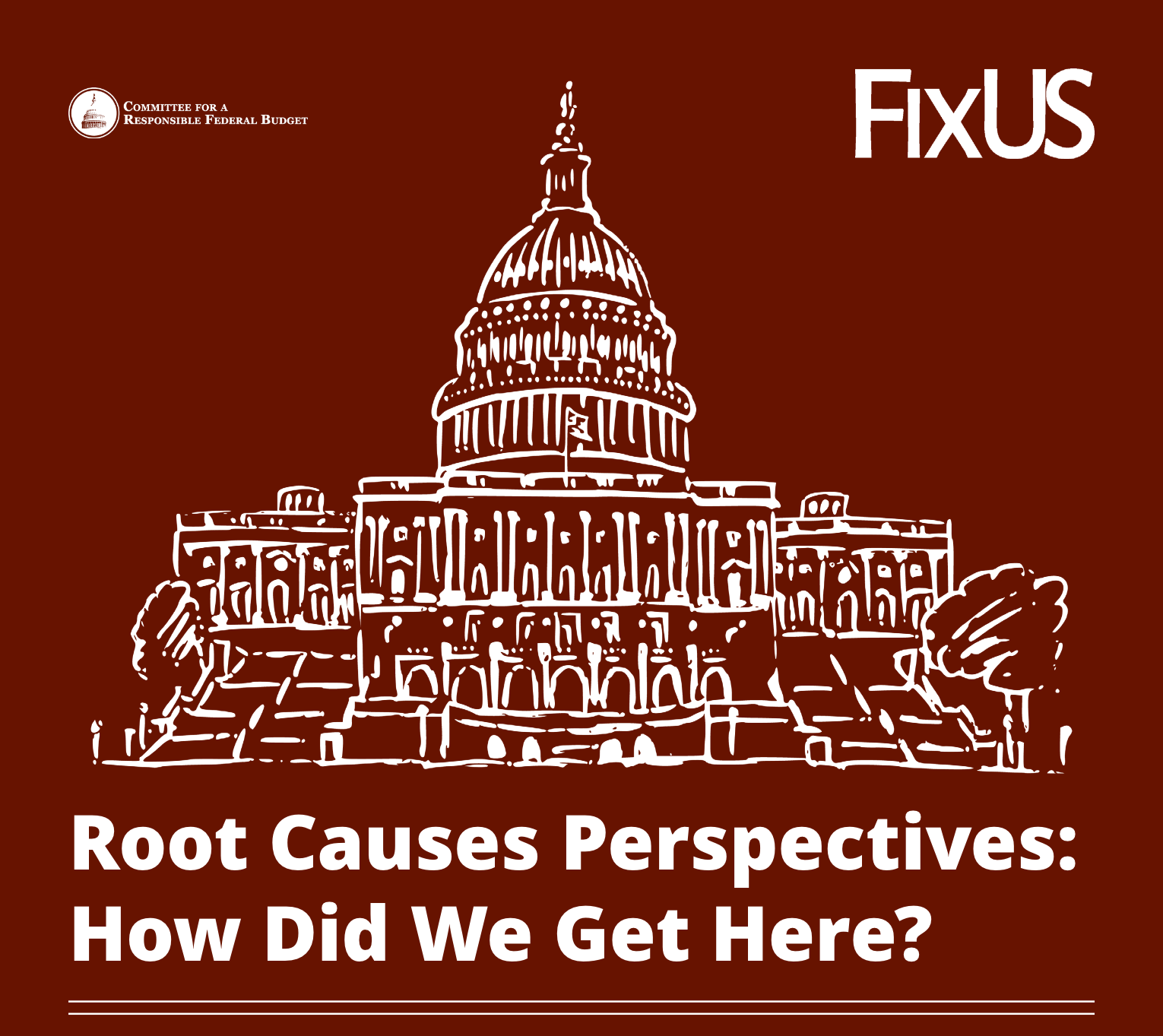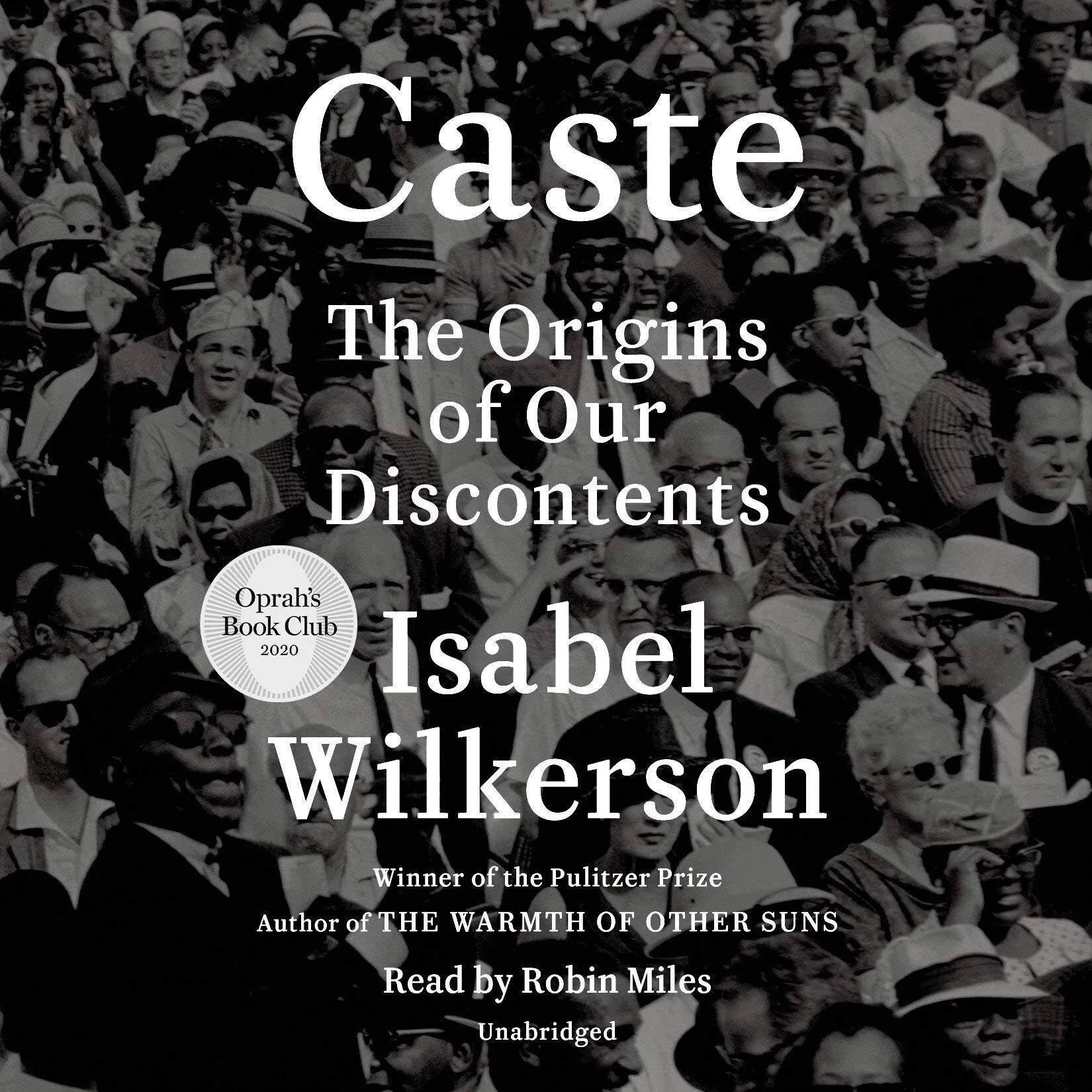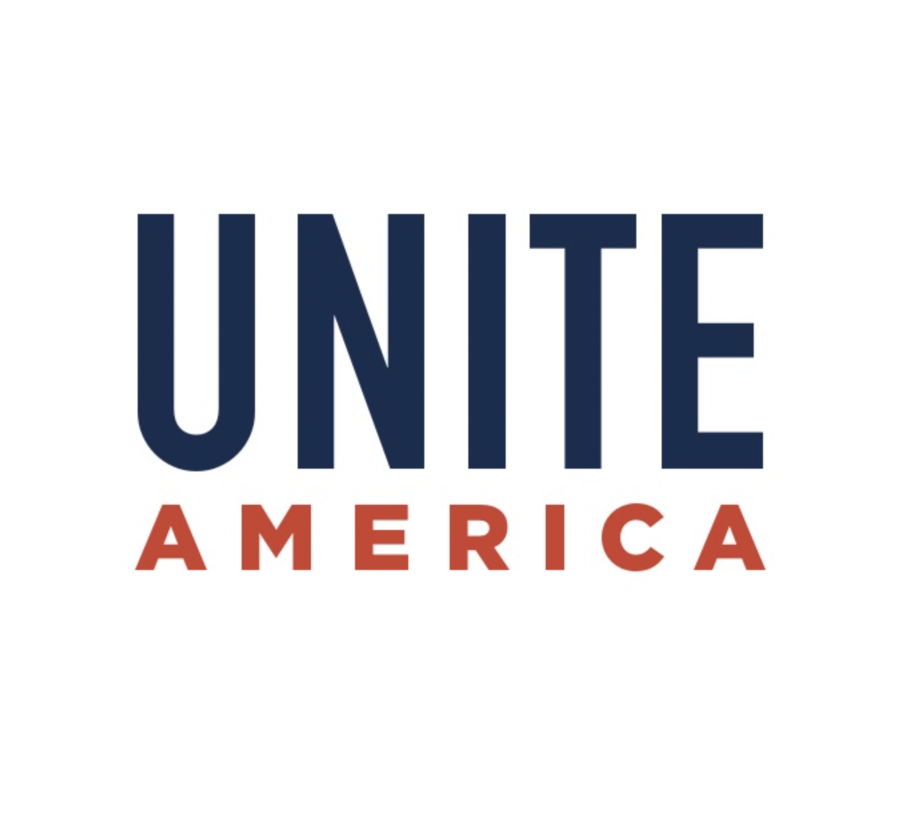The mission of the National Task Force on Election Crises is to prevent election crises whenever possible, and to prepare to respond to and mitigate crises when they do occur. That mission remains as critical today as it was during the 2020 presidential election. In fact, the Task Force considers the risk of crises threatening future elections in this country to be dangerously high. This July 2021 report highlights some of the most concerning trends that have developed in recent months and the critical reforms that are needed to protect our elections in 2022 and after. READ MORE>
Democracy is under severe threat in the United States and around the world, but figuring out how to use your financial resources to protect and sustain American democracy is no easy feat. For one thing, the decline of democracy is an incredibly complex challenge with a multitude of domestic and global drivers. Not only is the problem multi-causal, but the potential solutions are manifold as well. Finally, there are dozens of organizations in the field—many with similar-sounding names—and a plethora of networks, pooled funds, and other resources designed to engage donors on this issue.
What is an aspiring democracy funder to do? READ MORE>
Everyday Americans and political insiders alike have become increasingly concerned with the dangerous levels of division, governmental dysfunction, and public distrust in our country. These trends had been intensifying for several years, and were on display in stark terms this past year in the midst of numerous domestic crises. Our country’s responses to COVID-19, widespread civil unrest, and the January 6 storming of the Capitol each highlighted the seriousness of the situation. READ MORE>
White supremacist violence is not new, but in recent years, it has become a primary national security threat in the United States. Notions of racial superiority, hostility toward immigrants and minorities, and the myth of an embattled white majority defending its power have increasingly infiltrated mainstream American political and cultural discourse. In October 2020, the U.S. Department of Homeland Security (DHS) published its annual threat assessment, identifying racially and ethnically motivated violent extremists, particularly white supremacist extremists, as “the most persistent and lethal threat in the Homeland.” READ MORE>
A shift toward online news consumption, combined with greater political polarization, has altered the media landscape. As part of its Trust, Media and Democracy initiative, the John S. and James L. Knight Foundation partnered with Gallup to create NewsLens — an experimental platform and news aggregator first developed in 2017 to facilitate novel research on how people interact with the news online in a manner that offers insights to academics, technology policymakers and journalists. In this report, Gallup examines data gathered through NewsLens during the 2020 presidential campaign to asses how much partisanship influences the way people engage with news content and whether common ground still exists over which stories are considered good journalism. READ MORE>
Drawing on multiple national surveys conducted from July 2020 through March 2021, More in Common explores the landscape of trust in America. At a time of low overall trust levels, we highlight two distinct stories of distrust: an ideological 'us versus them' distrust and a 'social distrust' that has to do more with experiences of belonging, dignity, and equality (or lack thereof). READ MORE>
The January 6 assault on the U.S. Capitol was four months ago, but the inquiries from colleagues in philanthropy keep coming: What can we do? READ MORE>
In this brilliant book, Isabel Wilkerson gives us a masterful portrait of an unseen phenomenon in America as she explores, through an immersive, deeply researched narrative and stories about real people, how America today and throughout its history has been shaped by a hidden caste system, a rigid hierarchy of human rankings. Beyond race, class, or other factors, there is a powerful caste system that influences people's lives and behavior and the nation's fate. Finally, she points forward to ways America can move beyond the artificial and destructive separations of human divisions, toward hope in our common humanity. READ MORE>
Lilliana Mason looks at the growing social gulf across racial, religious, and cultural lines, which have recently come to divide neatly between the two major political parties, and argues that group identifications have changed the way we think and feel about ourselves and our opponents. Bringing together theory from political science and social psychology, Uncivil Agreement clearly describes this increasingly "social" type of polarization in American politics and will add much to our understanding of contemporary politics. READ MORE>
In Palaces for the People, Eric Klinenberg suggests that the future of democratic societies rests not simply on shared values but on shared spaces: the libraries, childcare centers, churches, and parks where crucial connections are formed. Interweaving his own research with examples from around the globe, Klinenberg shows how "social infrastructure" could help to bridge our seemingly unbridgeable divides. READ MORE>
When Donald Trump won the 2016 presidential election, a bewildered nation turned to Strangers in Their Own Land to understand what Trump voters were thinking when they cast their ballots. Arlie Hochschild, one of the most influential sociologists of her generation, had spent the preceding five years immersed in the community around Lake Charles, Louisiana, a Tea Party stronghold. READ MORE>
At times of dysfunction on a national level, reform possibilities have often arisen from the local level. The Fallowses describe America in the middle of one of these creative waves. Their view of the country is as complex and contradictory as America itself, but it also reflects the energy, the generosity and compassion, the dreams, and the determination of many who are in the midst of making things better. READ MORE>
More than 60 foundation leaders and other big names in philanthropy have joined with business executives, scholars, and celebrities to protest efforts in several states to restrict voting rights. READ MORE>
This rapid issue brief, based on DFN's research and conversations with experts, practitioners, and experienced funders, will help donors get oriented to the current state of the field and explore frameworks for using their resources to combat disinformation. The report includes detail on strategies to combat disinformation by increasing accountability for creators and purveyors of disinformation, building healthier media ecosystems, and increasing public resilience to disinformation. READ MORE>
More than 158 million Americans voted in the 2020 election — a record number despite the challenges posed by a global pandemic. But rather than celebrating this development as a victory for democracy, many government leaders apparently see it as a cause for concern and have responded with a stunning slew of proposals aimed at making it harder to vote. READ MORE>
Melissa Spatz of the Piper Fund makes the case for sustained investments at the state level to stop the further degradation of American democracy and begin to build a truly inclusive, multiracial democracy. READ MORE>
The Knight Foundation’s new report “Healthy Local News & Information Ecosystems: A Diagnostic Framework,” presents an approach to assessing the health of local news ecosystems tested and refined across nine U.S. communities of various sizes. Accompanying the report is a playbook and toolkit designed to help funders and other community organizations evaluate strengths and opportunities in their locale. READ MORE>
Unite America’s report The Primary Problem explores the many problems with our partisan primary system and explains why nonpartisan primaries give every voter an equal voice, have higher voter participation rates, produce more representative outcomes, and improve governing incentives by ensuring elected leaders are accountable to a broader swath of the electorate. READ MORE>
If the world is going to stop deliberate or unintentional misinformation and its insidious effects, we need to radically expand and accelerate our counterattacks, particularly human-centered solutions focused on improving people's media and information literacy. READ MORE>
Steven Waldman discusses why philanthropy should be a persistent, ongoing source of income for local news, alongside subscriptions and advertising, the two primary sources of local news support to date. READ MORE>
